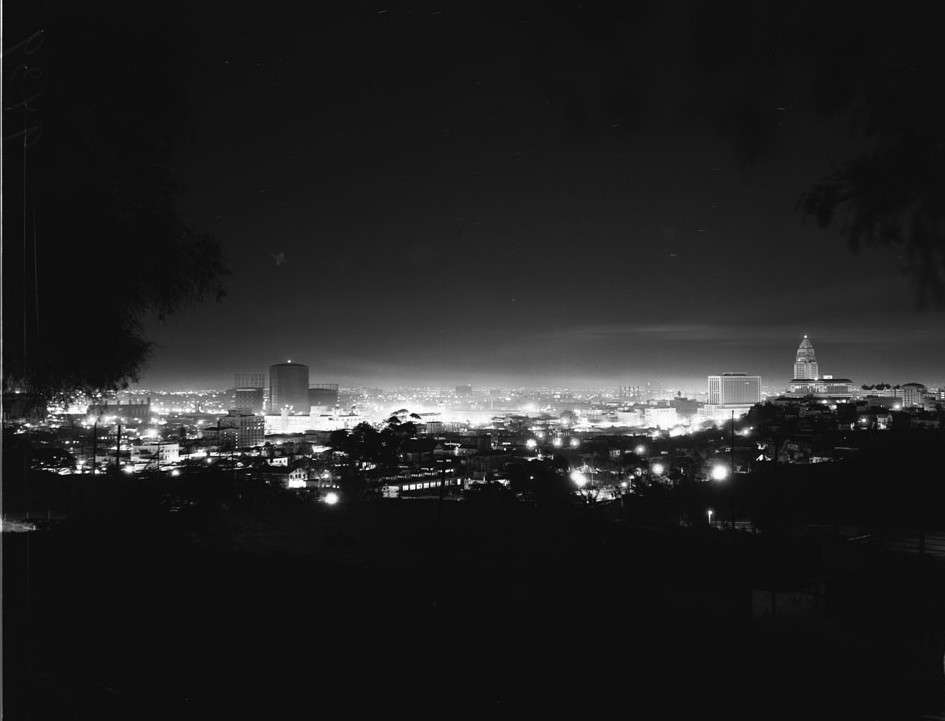Quote:
Originally Posted by AlvaroLegido

I guess you all know that "NOIR' in French means "BLACK". Movies like "Double Indemnity" were called "black movies" by French film critics. "NOIRISH" comes from that (and from Ethereal_Reality too).
So "noirish lighting" may sound absurd to Frenchs : "blackish lighting".
Well, it's the sharp contrast between the black color and subtle doses of sharp light that makes the wonder of these moods.
|
______________________________
Je ne sais pas.

Many words and phrases have several literal and figurative meanings. Whatever their original language origin, their usage typically defines their meaning. Although the term is not used as often as "noir," "blue film" has at least two literal meanings. Picasso's "Blue Period" can refer to either or both the predominating color in certain paintings and the mood associated with the artist and his work. It may also refer broadly to another term "depression." Come to think of it, the term "noir" is also not unlike the term "rock and roll" in that the latter also has both literal and figurative meanings that change with time.
When I hear the word, "noir," I tend to associate it to with words like "dark," "contrast," and "mystery." But there is plenty of room for "gray."

ER's first noir post was mighty dark, laden with contrast and shrouded in mystery. Q.E.D. (or is it ce qu'il fallait démontrer?)

______________________________
film noir
ˌfilm ˈnwär/
noun
noun: film noir
1. a style or genre of cinematographic film marked by a
mood of pessimism, fatalism, and menace. The term was originally applied (by a group of French critics) to American thriller or detective films made in the period 1944–54 and to the work of directors such as Orson Welles, Fritz Lang, and Billy Wilder.
Origin
mid 20th cent.: French, literally ‘black film.’




